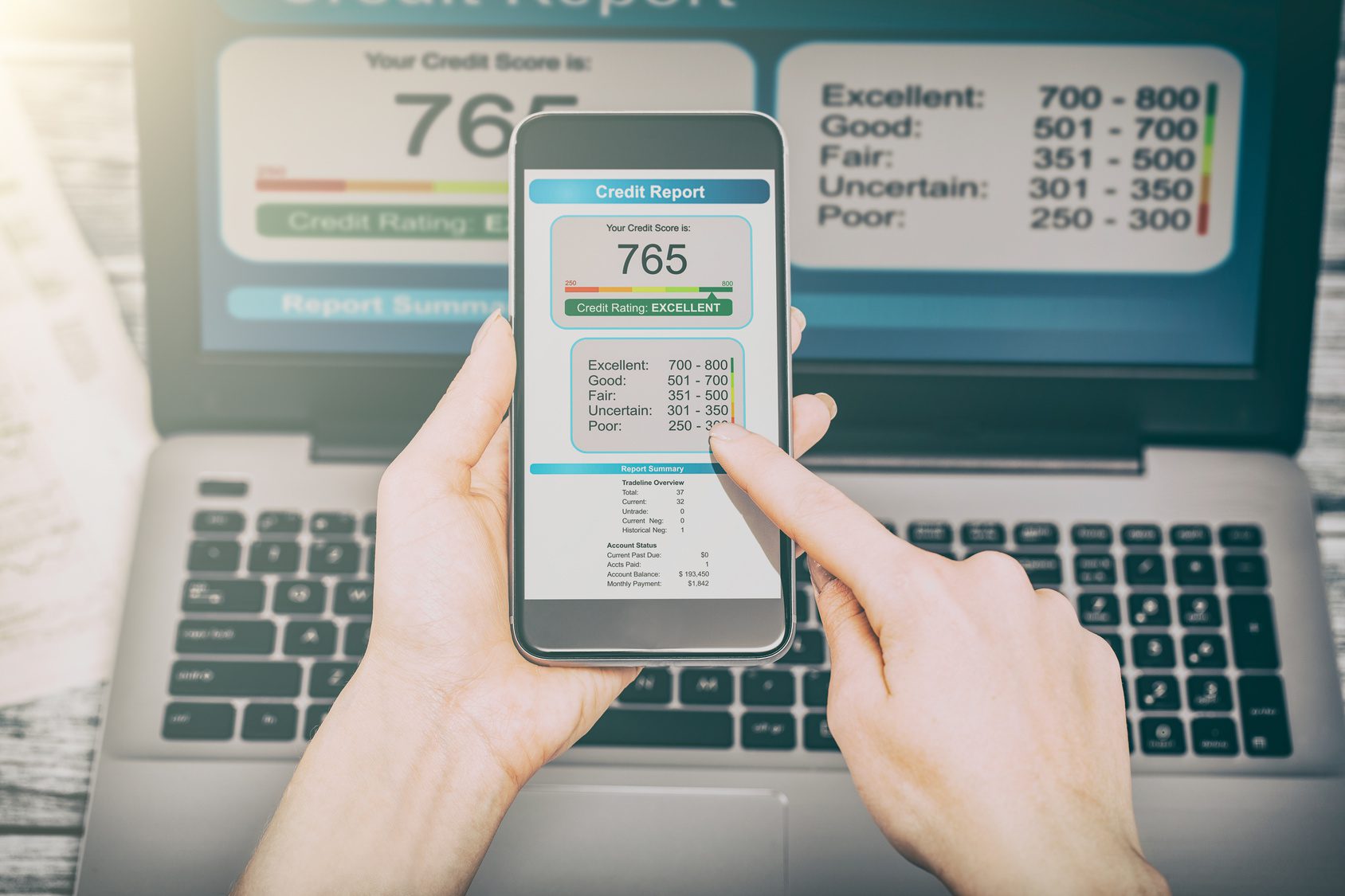Just about everyone understands the importance of a good FICO score. The use of FICO scores is almost universal, deployed by lenders in the United States from acquisitions, where banks solicit customers; through the credit cycle, as creditors assess account risk; and in asset-based securitizations, as financial institutions bring their portfolios to investors.
That’s the reason today’s announcement by Experian is crucial to borrowers and creditors. The WSJ reports today on an enhancement by a top credit reporting agency which will help those on the cusp of sub-prime to prime credit scores.
- Consumers’ cellphone and utility payments will soon be added to one of their major credit reports, a move that will likely boost the credit scores of millions of people and increase loan approvals.
- Experian EXPGY -0.08% PLC, one of the largest credit-reporting firms in the U.S., will start factoring in this payments information for some consumers early next year. The data will be added to Experian credit reports and the credit scores that lenders often check when deciding whether to approve applicants for loans.
The unique part of today’s announcement is that customers can opt-in to enhance their scores. Instead of building a consumer’s credit report exclusively from information provided by banks, consumers can elect to allow access to their account history for their checking and savings accounts. They can also use their payment history at utilities to show their reponsibility. Here is the link at Experian for their BOOST product, which I just signed up for out of curiosity.
Boost will probably not help my personal credit score, which is consistently in the 800 range. I apply for many credit cards, to see what they are really like from the consumer side. My payment history is pristine, and I keep a very low credit line utilization rate.
It will help those on the fringes of credit. The sweet spot is those that have FICO scores below 680, a common cut-off to determine prime-versus sub-prime. According to Experian, 75% of those consumers saw lift to their credit scoring in a sample test.
14% of consumers with poor scores, at or below 579 moved up to near prime scores of 620-679. Even more important, thin files, those with limited credit scores became more credible as 10% moved into the scorable range.
- Jeff Softley, chief revenue officer at Experian Consumer Services, the business unit that handles direct-to-consumer products, said Experian has tested the new methodology and found it accurately predicts risk. “This is about access to credit—not expansion of credit,” he said.
Mercator Advisory Group believes the timing of this credit scoring enhancement is perfect. It targets the FICO 8 score, a post-recession version that adapts well to the current environment. With credit card companies currently tightening their standards as the US economy braces for a shift from recovery, people can use all the help they can.
Moreover, for credit card lenders, who still measure their performance by booking new accounts and generating credit card transactions, it will help credit enable those who nearly qualify.
Overview by Brian Riley, Director, Credit Advisory Service at Mercator Advisory Group











